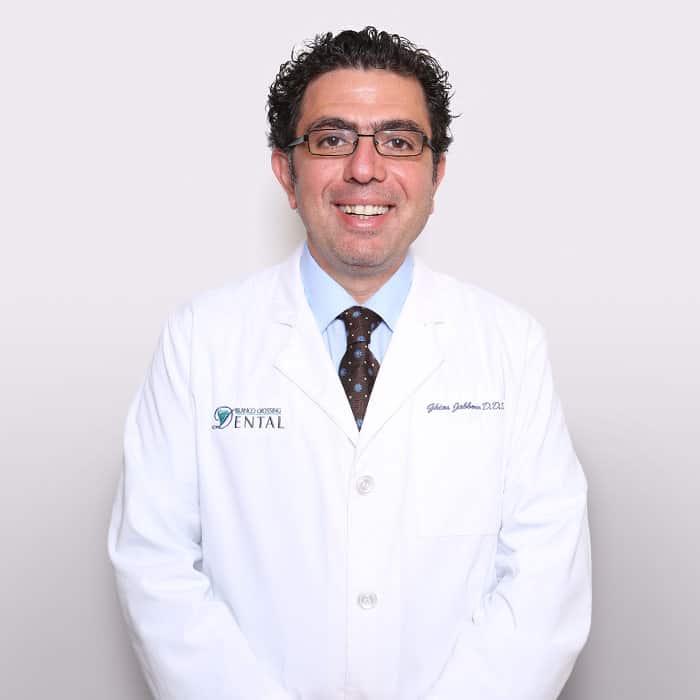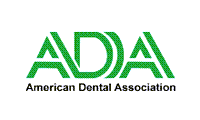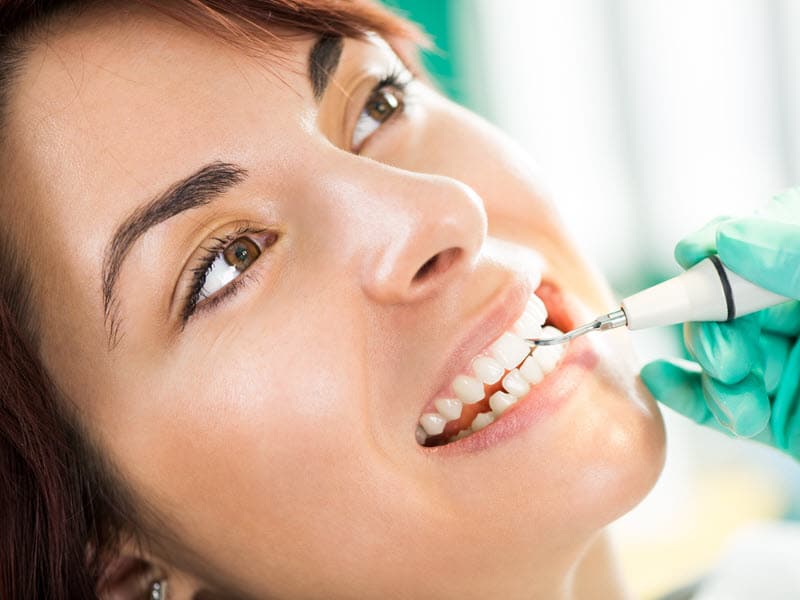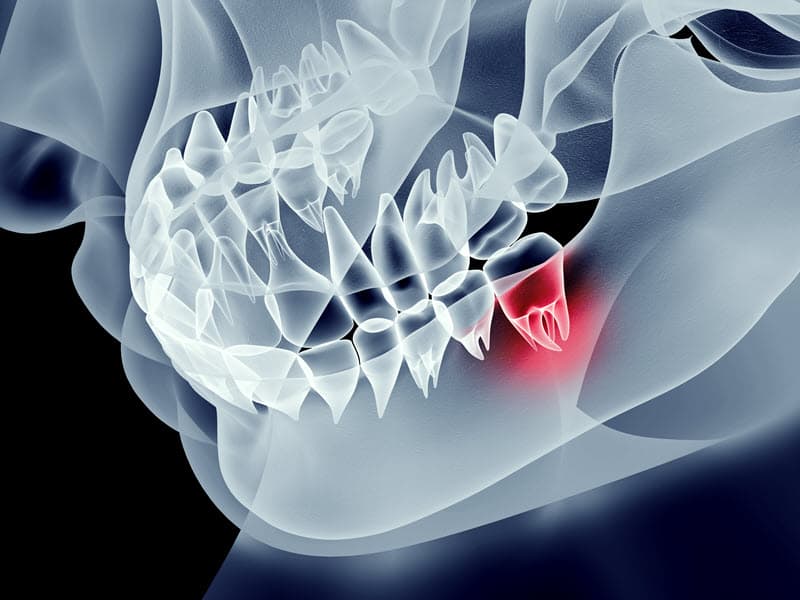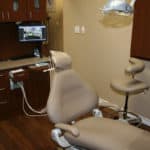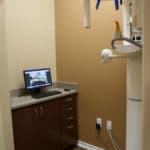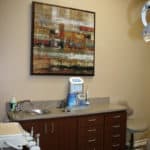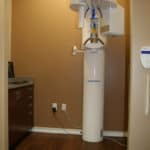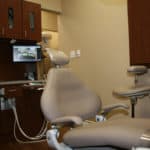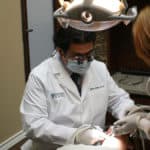How Much Time Should You Expect for Your Dental Hygiene Visit?
Health professionals recognize that there is a link between oral hygiene and the health of the entire body. During a general health checkup, the doctor examines all systems of your body, including your heart, lungs, muscles, blood chemistry, skin, and overall well-being. If a doctor notices irregularities or problems during a routine exam, you may be asked to undergo specialized tests or take medicine.
During a dental exam, all the components of your mouth and throat are evaluated to determine the health of teeth, gums, soft tissues, and bones. If problems or irregularities are found, the dentist will recommend further tests or corrective procedures to restore health.
So How Long Does a Professional Dental Cleaning Take?
A Typical Dental Cleaning Will Last Anywhere from 30-60 Minutes
First Visits and New Patients
At Blanco Crossing Dental, we want to give you a pleasant, safe, and relaxing experience during every dental treatment. If you are visiting our clinic for the first time, we request that you complete forms that include your medical history and insurance information. To reduce waiting time, you can fill out these forms at home and send them to us online or bring them with you for your first visit.
Our professional staff will ask you about any medications that you take, including herbal supplements. In addition, we will ask about recent illnesses and hospitalizations and any ongoing medical problems that you have. This helps us understand the status of your health and devise a personalized, safe treatment plan.
Elements of Professional Teeth Cleaning
Dental cleaning consists of several steps, including:
Dental hygienist removes stains, plaque, and tartar from your teeth
• Evaluating the health of your gums
• Evaluating the overall oral health of your mouth
• Polishing your teeth by a dental hygienist
• Flossing
X-Rays
In addition, we usually take X-rays to investigate areas around and between your teeth to see if cavities are present. X-rays also show us the condition of the bones that support teeth. We use digital X-rays to minimize exposure to radiation. After our dental hygienist cleans your teeth, Dr. Ghias Jabbour will finish with an examination, discuss any problems he finds and recommend further treatment if needed.
Plaque and Tartar Removal
Regular brushing and flossing will remove most plaque. However, some plaque remains even with good dental habits. Eventually, it calcifies and becomes tartar. Tartar must be removed by a dental professional during a teeth cleaning procedure by a hygienist or dentist.
Scrape Away Plaque and Tartar With Scalers
After scaling is completed, the next part of the teeth cleaning procedure is polishing. The hygienist polishes your teeth using a mildly abrasive paste. This smooths the surface, which keeps plaque from forming and helps gums adhere to the teeth.
Flossing
The final step the hygienist takes in getting your teeth cleaned is to floss your teeth to make sure we remove every bit of plaque. We also talk with you about ways to keep your teeth and mouth healthy. Although we generally recommend cleaning every six to 12 months, we may suggest a different schedule for you based on your overall oral health.
A routine cleaning doesn’t take too long and usually does not cause pain or discomfort. However, if you are nervous about dental procedures, please let us know. We offer several relaxation and sedation options to help you feel comfortable during your dental cleaning.
Deep Teeth Cleaning
Periodontal Disease Cleanings
The early stage of gum disease, called gingivitis, is caused by bacteria that affect the gums. You may have bleeding gums, swelling, redness, or pain. Gingivitis can be treated with deep cleaning. We use several types of dental tools to scrape away plaque and tartar below the gum line, including ultrasonic scalers.
Root planing removes bacteria and smooths uneven areas near the roots of the tooth. Root planing may cause some minor discomfort, so we typically will numb your gums with a local anesthetic. We then spray an antiseptic on the tooth and roots to destroy any remaining bacteria.
Depending on the extent of the problem, we may schedule several visits to the dentist to complete this deep dental cleaning process. For deep cleaning, we use topical and local anesthetics that numb the area during the procedure. A deep dental cleaning session lasts approximately 45 minutes.
Gum disease that has advanced beyond this stage is called periodontitis, which affects the bones and tissues that keep your teeth in place. Your gums may recede, and pockets may develop between teeth and gums. Bacteria invade these spaces, eroding teeth, tissue, and bone. Treatment depends on the extent of the problem. Advanced periodontitis may require surgery performed by a dentist.
For advanced periodontitis treatment that requires surgery, our dentist (Dr. Jabbour) will cut small flaps of gum to expose the part of the tooth that is under the gum. After cleaning and disinfecting the area, we reattach gums so that they lie snugly against your teeth. We offer several options to manage pain during gum surgery. The dentist will discuss these options with you before we begin to make sure that you are comfortable throughout the procedure.
After scaling and planing or gum surgery, your teeth may be sensitive, and your gums may be sore. You will receive specific post-surgical instructions based on your treatment from the dentist. The dentist may also prescribe antibiotics to keep bacteria from spreading or causing an infection. Eating soft foods, avoiding hot and cold beverages and rinsing with warm salt water can ease the discomfort. The soreness, swelling and redness will subside as your gums heal. During this time, it is important to continue to brush and floss to prevent more bacteria growth.
About our Dental Office
At Blanco Crossing Dental, dentist Dr. Jabbour and his staff create individual treatment plans that address your unique dental needs. Feel free to speak with us if you feel anxious or are afraid of treatment so that we can decide which type of relaxation or sedation methods (we offer oral sedation) will help you feel comfortable.
Insurance
Our office is an in-network partner with many dental and health insurance providers. We work directly with your insurance company and can help you with claims.

